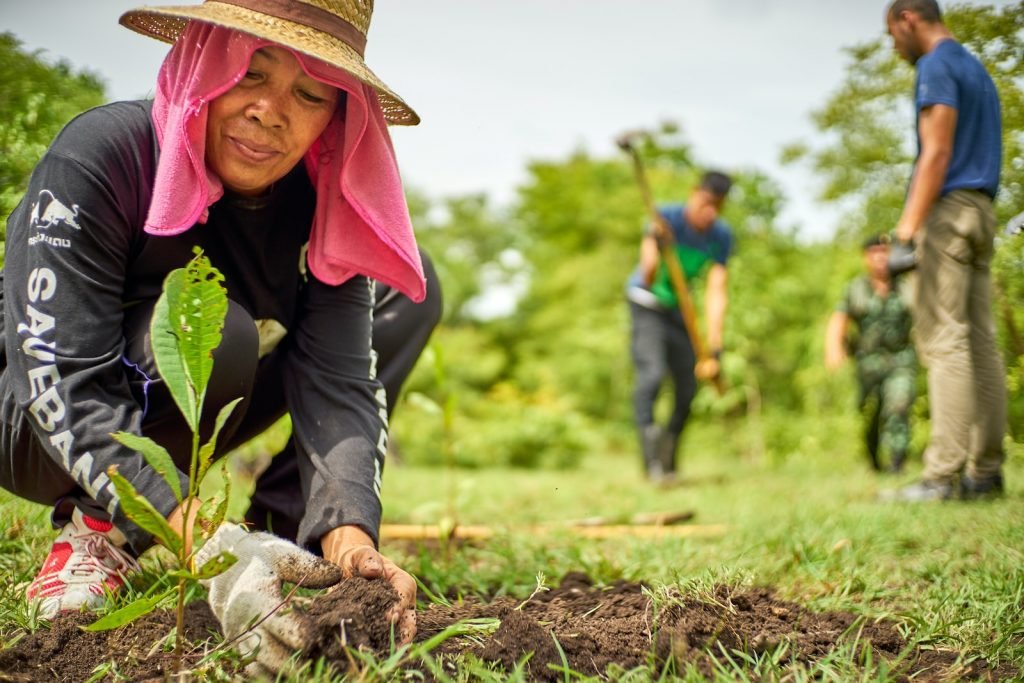
For people and organizations that have been working (some for decades) to foster workable residential intentional communities, see these pages:
There’s another surprising hero in this movement. It’s you. This movement is part of what Joanna Macy refers to as the great turning. We might like to continue in the middle class world that has privileged us, allowing us travel, leisure, and comfort. Yet can we in good conscience prefer that, knowing what this privilege extracts from others, current and future, in our own nations and globally? Can we prefer to continue business as usual, knowing that the longer we kick the can down the road, the harder we may crash? There are so many people who want to make a difference, and believe they can, yet they don’t see where to start. Many get lost in useless political arguments and ineffective protests. There are effective ways to act, in the real world, to join with others to create small but real change in a movement that is headed toward critical mass. For ICmatch, the target audience is first North America, as a major economic and cultural driver, and as a major player in the WEIRD world (western, educated, industrialized, rich, and democratic).
Intentional communities offer practical lifestyle designs that are challenging but workable for the person of average means. There are seemingly unlikely allies we can bring along with us. This site also encourages strategies to make it fun. Give up burnout activism and antagonistic crusading. Create something others will want to emulate: live with friends in a beautiful setting as you support each other in work and play. This website is designed to support you to gather a team then create sustainable and affordable housing.
You might even find it feasible to include some level of support for one of many vulnerable segments of society. This is a way of meaningful contribution to the social safety net, while making use of existing grant funding sources. Our opportunity in these individual endeavors, as stated by Nico Mele in 2013, is to create “a radical new way of organizing the world, taking steps to align it with democratic values and with our need for social order” (p. 253).